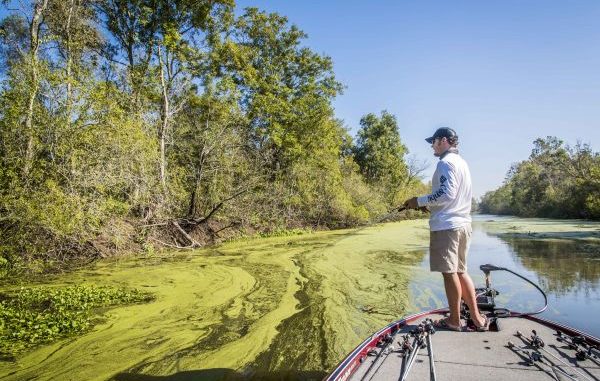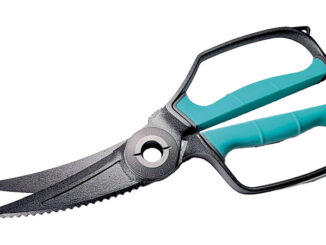
Landowners have option to allow public access, protect ownership rights, retired assistant AG says
A retired state attorney general said Louisiana officials probably could be more aggressive in claiming tidal waters in the coastal marsh but that canals dug on private property with private funds — and the waters those canals containe — are clearly not subject to public ownership.
“If it’s a private canal dug on private property with private money, it’s private property,” said Gary Keyser, who spent years fighting to protect public access to waters throughout the state. “That’s just like your driveway.”
Keyser said the State Lands Office, which is responsible for making and tracking claims of water bottoms, probably could make stronger cases for public ownership of much of the contested waters in the coastal marshes — but he pointed out that the staff is doing the best it can after the agency’s budget and manpower was slashed in recent years.
However, often political connections are brought to bear to influence decisions.
“Even in the best of times, it was highly politicized,” Keyser said.
For instance, many of the legal decisions are made by parish judges beholden to landowners for their positions.
“Sometimes the local court makes decisions (in favor of landowners) because that’s how they are elected,” Keyser said.
And, unfortunately, state officials often are helpless to intercede.
“The state has rarely had the resources to help out much,” Keyser said.
However, legislators could force the issue when it comes to the trenasses and ponds of the coastal marshes.
“The Legislature could decide that if a waterway is wide enough and deep enough for navigation that it’s public,” Keyser said.
But when it comes to canals the public is at the mercy of landowners, unless it can be proved public funds were used to dig specific canals, the retired public official said. Even legislative action making public claims of access to such waters would be suspect, he said.
“I don’t think you could legitimately do anything about private canals on private property, unless the canal was dedicated to public use or dug with public funds” Keyser said.
Keyser said he believes many landowners who block access or run anglers out of canals do so because of concerns about losing legal rights to control their properties.
But he said there is a simple solution that would protect landwoners’ rights and provide public access.
“They could put up a sign saying fishing is permitted … to show they are exercising a right of ownership,” Keyser said. “They could limit that access to certain times and prohibit (commercial activities like) crawfishing.
“They could allow fishing without sacrificing their ownership.”


